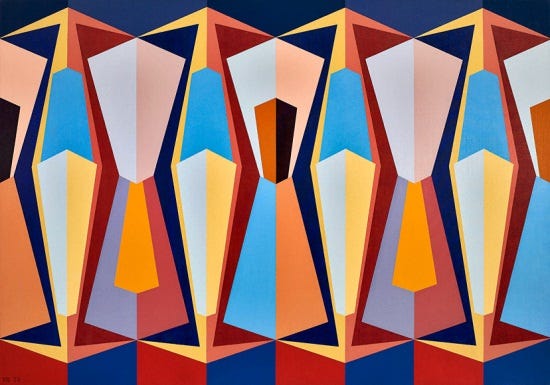Imperfection
Reporting live from an East Los Angeles courthouse
The plaintiff’s attorney was a short, older New Yorker, mostly deaf. The defense attorney, a Latina with a big smile, often stared at the ceiling when she needed to rephrase a question. Nothing started on time. No coffee machine, no Law and Order snap. Outside our courtroom, a large computer display, meant to convey inform…



